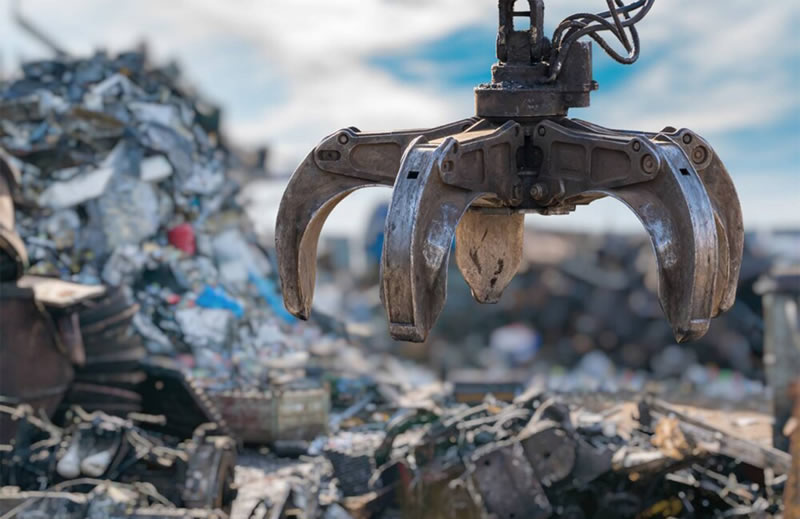

MAY 26, 2024
Regarding the United States economy, scrap metal may not immediately come to mind as one area that drives its development and prosperity. Yet scrap metal recycling plays a critical role. RCM Recycling explores its effects and benefits on this economic front!
Scrap metal recycling refers to the practice of collecting, sorting, and melting down old metal objects (cars, appliances, or building materials) so as to use their resources again for new purposes rather than having them end up as waste products in landfills - thus saving resources while decreasing mining new metals which are both expensive and harmful for our planet.
Scrap metal industry jobs go beyond direct employment opportunities; indirect employment also benefits greatly from recycled metal products being sold retail, providing income to families while simultaneously increasing local and national tax revenue streams.
Scrap metal recycling also brings economic advantages in terms of environmental sustainability. Recycling metal reduces energy use during mining and refining new ores; companies using recycled metal can thus save on energy usage costs, which translate to reduced production costs, which in turn translate to reduced prices for products sold to consumers.
Mining activities often create air and water contamination that's costly to clean up; by decreasing mining activities through scrap metal recycling, environmental damage as well as associated costs can be avoided.
Scrap metal recycling provides various industries with access to essential raw materials like steel, aluminum, and copper for construction, automotive, and electronics industries alike. Ensuring there is enough supply is essential in keeping production rates and costs manageable.
Scrap metal companies play an essential part in this supply chain by efficiently collecting and processing scrap metal. This provides manufacturers with raw materials to produce goods and services more smoothly, contributing significantly to economic development.
One key benefit of scrap metal recycling is its impact on economic stability. Scrap metal prices fluctuate depending on market demand and supply; when prices increase significantly, buyers and sellers benefit from greater profits which in turn spur further investments within the industry, further stimulating growth.
While demand for new metals might decrease during economic recessions, recycled metal needs tend to remain steady - providing stability even during challenging economic periods and helping keep jobs open during tougher times.
The scrap metal industry is also at the forefront of technological innovation and advancements. Scrap metal companies continually seek ways to streamline recycling operations for maximum efficiency, leading to innovations that benefit not just this particular field but others as well. This could result in ground-breaking technologies being created which benefit not just scrap metal recycling companies themselves but also other fields.
Scrap metal recycling makes a substantial economic and environmental contribution in multiple ways, from creating jobs and supporting industries to saving costs and contributing towards environmental sustainability. Scrap metal buyers and companies play an integral part in this ecosystem by providing constant supplies of raw materials while simultaneously contributing to economic stability - by supporting a scrap metal company we can reap these economic advantages while working toward a greener future.